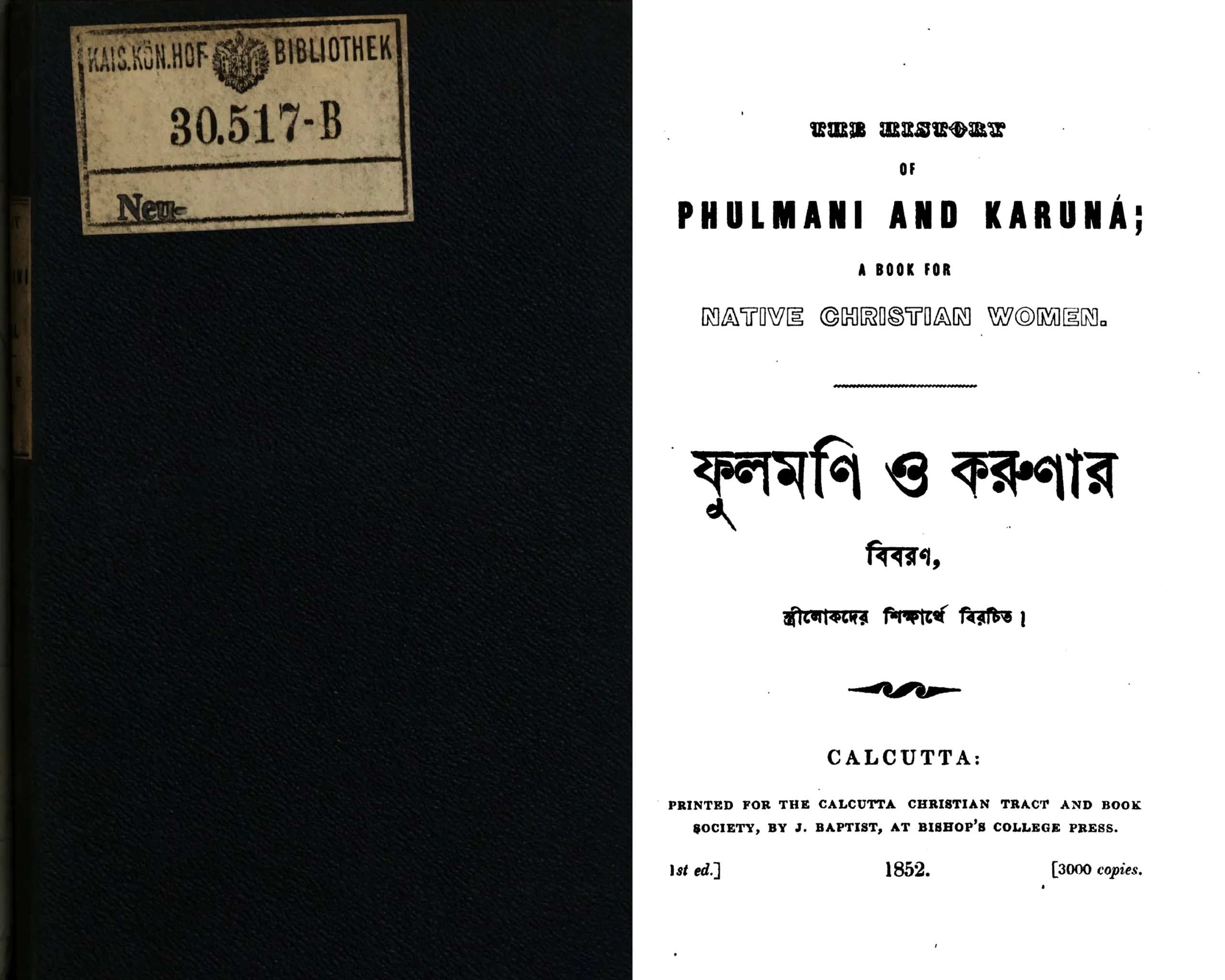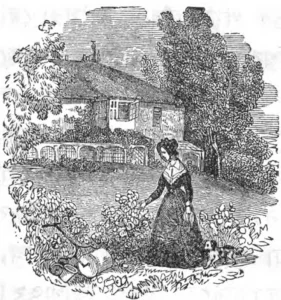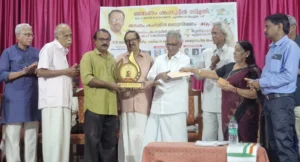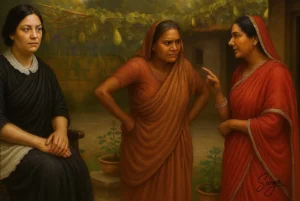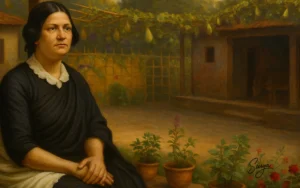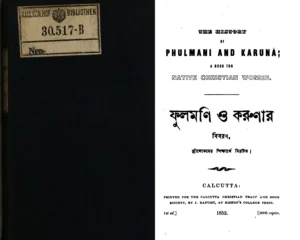Published on: October 21, 2025
‘THE HISTORY OF PHULMANI AND KARUNA; A BOOK FOR NATIVE CHRISTIAN WOMEN’ (Phulmani O Karuna Bibaran) is the first Indian language Novel, published in 1852 written in Bengali language, titled with ‘ফুলমণি ও করুণার বিবরণ, স্ত্রীলোকদের শিক্ষার্থে বিরচিত।’ by Hannah Catherine Mullens. The Novel has 10 chapters and the English Translation is also written by Hannah in 1853. It was printed in Sanders, Cones and Co., at Loll Bazar, Calcutta.
Now the novel is republished here with divided chapters of its 10 chapters. This is the 2nd part of its 1st chapter.
THE HISTORY OF PHULMANI AND KARUNA PART-2
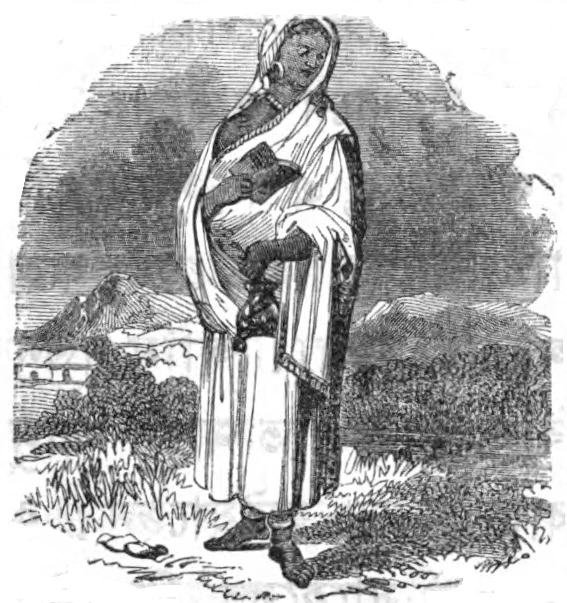
Chapter-1 / Part-2
Her clothes were very dirty, and her hair not being tied up, was hanging all round her head. After staring rudely at me for some time, she turned to Phulmani, and whispered to her, “Who is that ?”—Phulmani said, This is the new Magistrate’s lady.” On hearing this, she was somewhat frightened and made me a very humble salutation. Then she began to say very slowly to Phulmani, “Phulmani, your fate is excellent, all the Europeans are fond of you; no one takes any pity on me.” Phulmani without giving her any answer, said, “Be that as it may, Karuna, why have you come here in such a troubled state ?”—Karuna replied, “I have come in distress to ask you for some stuff for cooking ; there is not a pyce in the house, and my son has caught and brought home some chuna fish, some of which I must now cook for a meal. You know my husband. He gives me no money for expenses, and yet if he does not get something to eat, he keeps abusing me all night long.”
Phulmani replied, “ That is very bad indeed ; but as to your not having a pyce, how can that be ? I heard this morning, Ramanath, the catechist, call you and tell you that he was going for the day into the district to preach, and that if you would attend upon his sick wife, and cook and give her her sago, &c., he would give you six pyce for the same.” Karuna answered laughing, “That he called me is, indeed, true, but I did not go. Time passed while I was hearing all the account of Madhu’s wife, who ran away; and so the Babu went away, leaving Pyari with his wife. Madhu’s wife was found at Kalipur, where she was gathering and selling wood, and of all the ornaments that she once had, not one was left. Her account of the matter is that an old womdn at first shewed her great kindness, and kept her in her house and gave her food for five or six days. Afterwards, one night, when she was fast asleep, then some one came and took all her ornaments out of a bundle, and carried them off.
When she woke in the morning and missed her ornaments, she cried and said to the old woman, ‘You must have taken my ornaments?’ Then the old woman abused her and turned her out of doors. Then she said, ‘Must I then die of hunger ? I shall go and lodge a complaint against you.’ When the old woman heard this, she said, You have no witnesses; you have no money; how can you lodge a complaint ? Take this; I give you two rupees out of compassion ; but if you say any thing about this matter, I shall lodge a complaint against you.” Karuna went on to say, “ All this is Rani’s story, but I suspect that it is all false. Madhu himself says, that if she does not bring back his ornaments, he will cause her to be imprisoned as a thief.”—Phulmani then said, “ Madhu will never be able to do this. At the time of marriage, did he not make a present of these ornaments to Rani ? and besides, all the ornaments were not Madhu’s gift; some of them were left to Rani by her mother at her death. My opinion is, that Rani has spoken the truth. It was from a desire to get possession of the ornaments, the old woman took her in, otherwise who is so compassionate as to take a Christian woman into her house and give her food, &c. ? Rani, in running away, did a most foolish thing, to be sure ; yet the whole of the fault is not her’s. I know very well that her husband and her mother-in-law treated her very badly.”
“ You,” replied Karuna, “ will of course take Rani’s part, for she was one of your school-girls, the friend of your Shundari. But, Phulmani, I tell you truly, that people will no longer marry their sons to the school-girls. Again and again, these school-girls have made such a mess of it.”
Phulmani said, “This is all idle talk. All the girls are married before they are fourteen years old ; and this not on account of any exertion on the part of the Missionary to get them husbands, but people themselves come and ask the girls in marriage. And hence school-girls are married now into almost every respectable house in this village. Look at the wife of our Ramanath Babu, and the wife of Komai Sircar, and the two daughters-in-law of Shoshibushan Mukerjya ; these are all school-girls, and no one can say a word against any one of them. If you talk of the case of Rani, then I can tell you something about that. The Sahib was from the first averse to the marriage, and he also made many objections to it; but Rani’s mother was a very silly woman, and she was so blinded by the display of a few gold ornaments, that Madhu appeared faultless in her eyes. You yourself know very well that Madhu is a very ignorant man, that he scarcely knows the alphabet; whereas Rani was the cleverest in reading and writing amongst all the girls, but she likes to do nothing but household work. What satisfaction can come of a marriage between two persons of such opposite dispositions ? But be that as it may, it is not our part to meddle in other people’s matters. Come and I will give you some cooking stuff, and some oil for it, as you are so distressed.”
At the moment that Karuna was going inside the house behind Phulmani, the China rose-bush I have mentioned caught in a large hole in her dress. This she did not see, and pulling her dress violently, she broke off the plant almost by the root. Then seeing the mischief she had done, her face became very sad, and she sat down and began to gather up the flowers, leaf by leaf.
Just then, Phulmani, knowing nothing of what had taken place, came out, carrying in her and a jar of oil; but when she saw the misfortune that had befallen her cherished plant, she was very sorry and began to say, “Oh! Karuna, what have you done? My beautiful plant is gone.” Karuna said, “ Forgive me, Phulmani, I am very sorry for this. I know that you cared for the plant
exceedingly, regarding it as a sort of memorial of your Shundari.”
On hearing this, Phulmani’s anger was appeased ; then with a smiling face, she said, “ No matter; this reminds me of a very consoling verse in the Bible. Ah! Karuna if you knew in your heart the value of this word, your sorrow would be much lessened !
This is the verse, ‘The grass withereth, the flower fadeth, but the word of our God shall stand for ever.’ ”(IS. xl. 8.) Karuna sighed, but answered not a word; but when I loooked earnestly into her face, I suspected that she was wishing she possessed Phulmani’s disposition. At length she took leave of her kind friend, made a salaam to me, took up the oil-vessel and went her way.
To be continued…
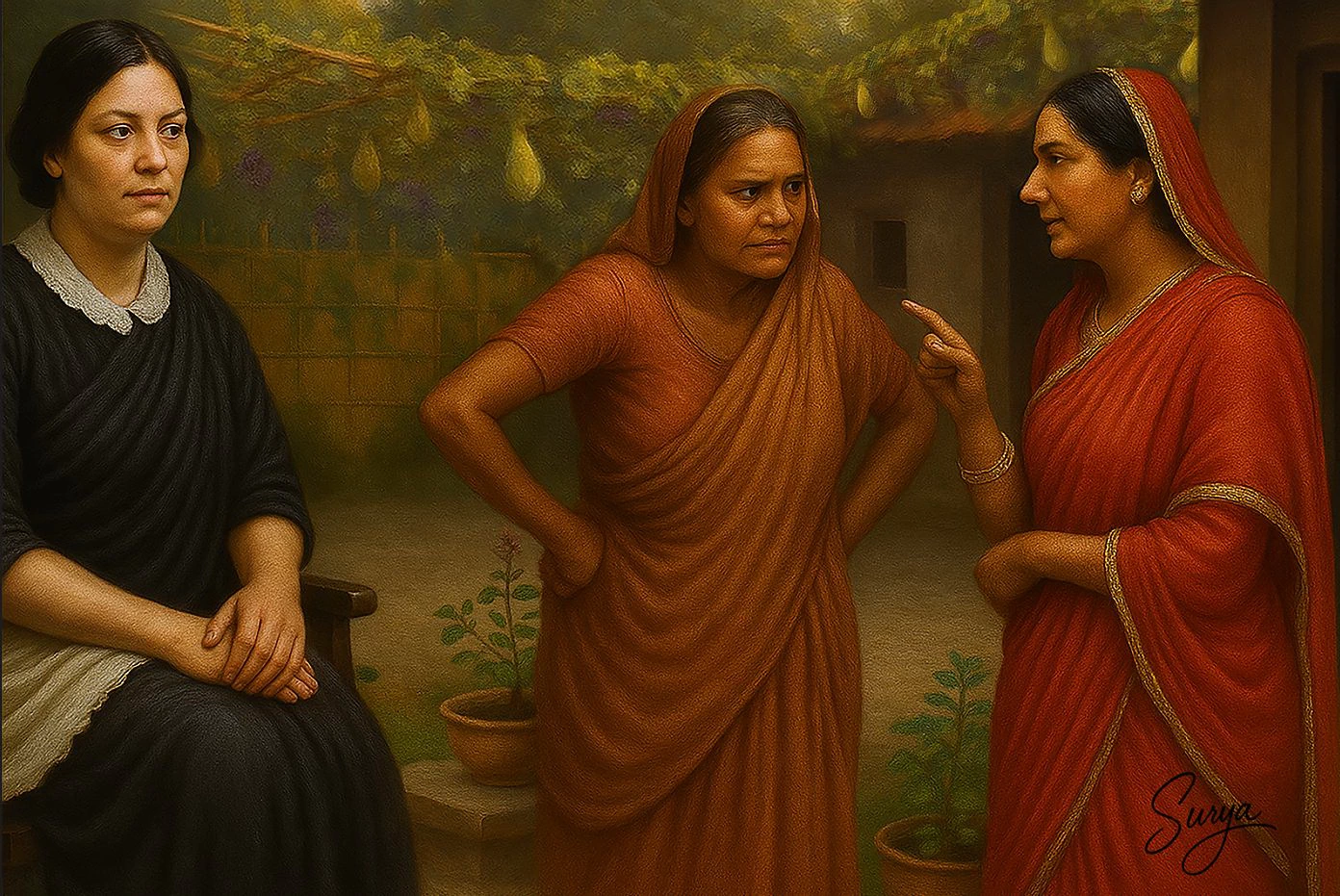
Click here to read this part in Malayalam
ഈ അദ്ധ്യായത്തിന്റെ, പുതിയ ലിപിയിലുള്ള മലയാളം പരിഭാഷയ്ക്കായി ഇവിടെ ക്ലിക്ക് ചെയ്യുക.
പ്രതിഭാവം വാട്സ്ആപ്പ് ഗ്രൂപ്പിലേക്കു സ്വാഗതം🌹
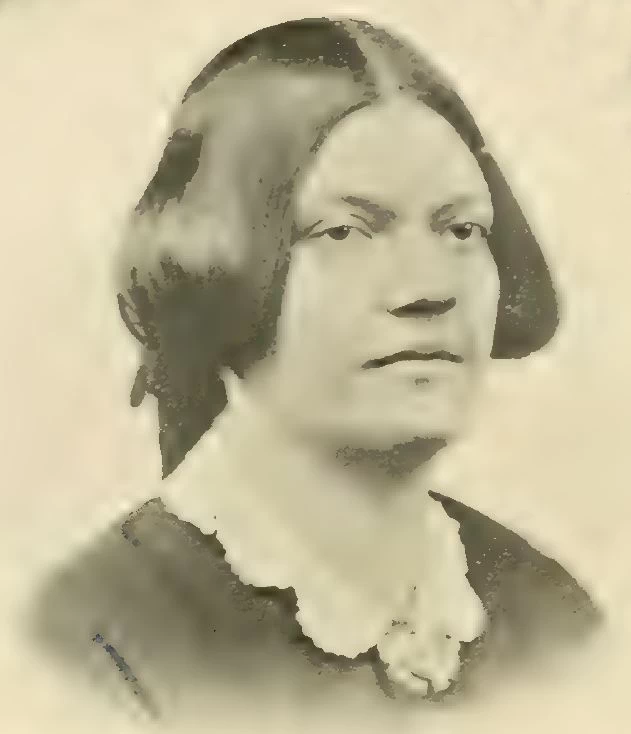
കാതറൈൻ ഹന്നാ മുള്ളൻസ്: ആദ്യത്തെ ഇന്ത്യൻ നോവലിസ്റ്റ്. പത്തൊമ്പതാം നൂറ്റാണ്ടിലെ ഇന്ത്യൻ മിഷണറി പ്രവർത്തക. സ്വീഡിഷ് വംശജയായ ഹന കാതറീൻ മുള്ളൻസ് 1826 ജൂലൈ 1നു കൽക്കത്തയിൽ ഒരു ലണ്ടൻ മിഷണറി കുടുംബത്തിൽ ജനിച്ചു. 1861 നവംബർ 21ന് ഉദരസംബന്ധമായ കുടൽരോഗത്താൽ കൽക്കത്തയിൽവെച്ച് അന്തരിച്ചു.


